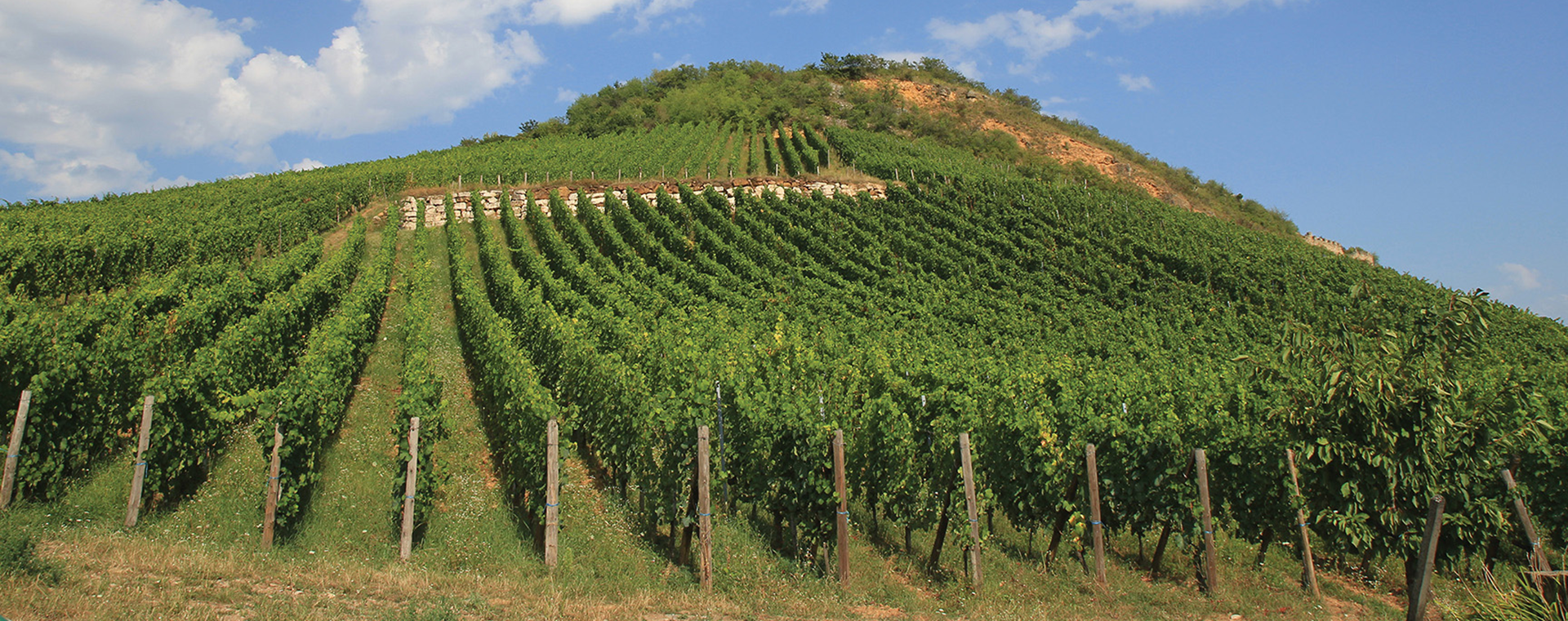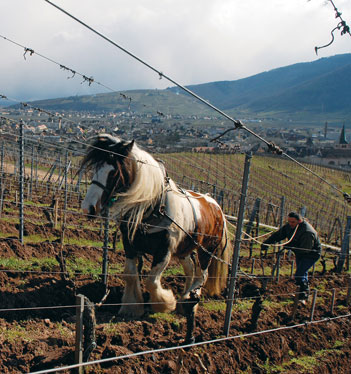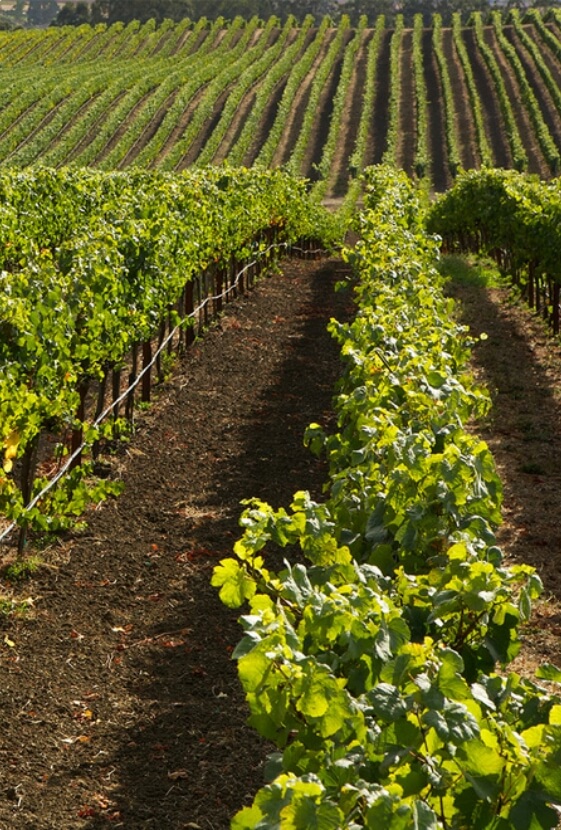
Green Practices

A passionate advocate for the wines of Alsace and a firm believer that great wines are the reflection of a place, Olivier Humbrecht M.W., General Manager and Owner, has long been convinced of the benefits of biodynamic farming. He has developed a regime that includes low impact farming, organic composting, restricted yields, hand-tending of the vines, and native yeasts. It is this constant attention to detail that has made Zind-Humbrecht the archetype of its region and one of the world’s greatest wine producing estates.

Certified Organic
Organic certification was awarded to Zind-Humbrecht’s vineyards in 1998. Organic is the most regulated farming practice and is the only one that requires government certifications. It aims to eliminate synthetic chemicals from the vineyard.
Certified Biodynamic
Biodynamic certification was awarded in 2002, which far surpasses organic requirements. Biodynamics takes a holistic, symbiotic approach that treats all parts of the vineyard as a self-contained micro ecosystem. This approach encourages biodiversity and the use of homeopathic herbs instead of commercial fertilizer, weed killer and pesticides; natural treatments (special mixtures added to compost), herbs (valerian or nettles), natural predators (ladybugs), cover crops and native animals are used. The traditional lunar calendar determines ideal dates for vineyard work.
Animals are used to work the land instead of machinery, to avoid compacting the soil. Biodynamic wines are vinified with natural rather than cultured yeasts, zero additives and limited added sulfites. As a certified Biodynamic estate, Zind-Humbrecht¹s vineyards are inspected annually. Converting to Biodynamic farming requires considerable time and expense, but it has the greatest potential to make high-quality fine wines.




